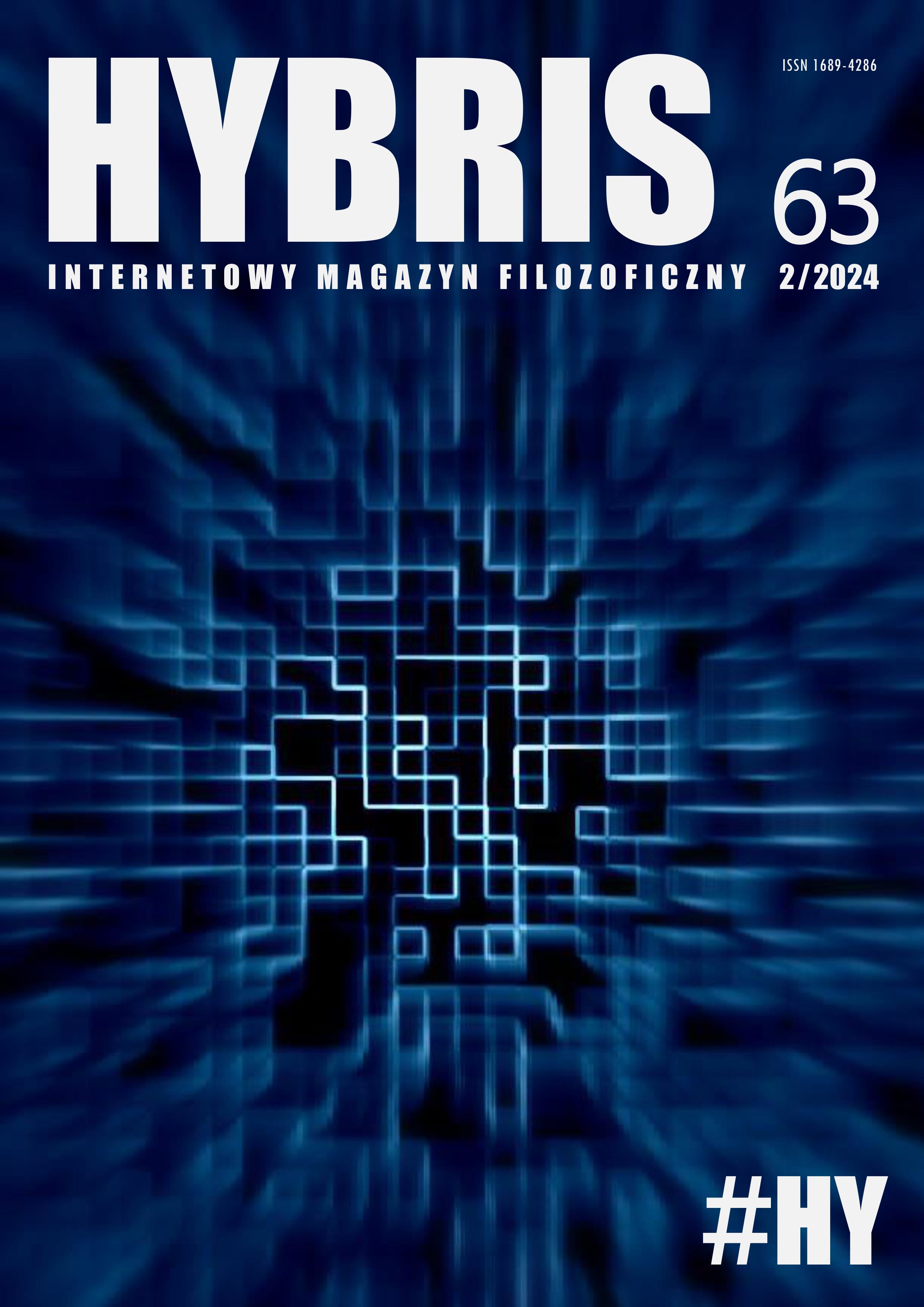IGNACE MEYERSON’S HISTORICAL METHOD IN PSYCHOLOGY. A LESSON OF PHILOLOGY (IN THE NIETZSCHEAN SENSE) FOR STUDYING HUMAN DIVERSITY ACROSS TIME AND CULTURE IN ITS PLURALITY
DOI:
https://doi.org/10.18778/1689-4286.63.01Keywords:
culture, sociology, history, interdisciplinarity, methodology, psychologyAbstract
By contrast to the contemporary dominant schools in psychology, Ignace Meyerson’s outlook is situated at the level of culture and brings a historical approach to psychology, thus offering an alternative prism for understanding human psyche. Following Nietzsche’s definition of philology as the art and method of interpreting well, I will show that Meyerson undertakes a philological and critical reading of several sociologists who, while adopting a historical and cultural approach, have left psychology outside of their research. Thus, a confrontation with Durkheim, Lévy-Bruhl and Nietzsche will allow us to underline the specificities of Meyerson’s historical method as well as to highlight his conception of psychology, in opposition to sociology and genealogy. Meyerson concludes that acknowledging both the cultural and historical dimension of psychology and the psychological dimension of culture leads towards interdisciplinarity because all our concepts and notions are culturally and historically situated and should be put into context to be effective and enlightening. Meyerson’s emphasis on the plurality, wealth and diversity of human mental categories through culture also opens a whole continent of divergent or complementary interpretations that could lead us, if we put the ethnocentric stance to the side, to radically modify our findings, prisms and questions.
References
Bruner, J. (2005) Ignace Meyerson and cultural psychology. In: Erneling, CE. and Johnson, D.M. (Eds.) The Mind as a Scientific Object: Between Brain and Culture. New York, NY: Oxford University Press, 402-412. https://doi.org/10.1093/oso/9780195139327.003.0029
View in Google Scholar
DOI: https://doi.org/10.1093/oso/9780195139327.003.0029
Deutscher, G. (2010) Through the Language Glass. Why the World Looks Different in Other Languages. Metropolitan Books.
View in Google Scholar
Durkheim, E. (2013) Les Formes élémentaires de la vie religieuse. Presses Universitaires de France.
View in Google Scholar
Fruteau de Laclos, F. (2012) La Psychologie des philosophes. De Bergson à Vernant. Presses Universitaires de France. https://doi.org/10.3917/puf.frute.2012.01
View in Google Scholar
DOI: https://doi.org/10.3917/puf.frute.2012.01
Gladstone, W. E. (2010) Studies on Homer and the Homeric Age (vol.3). Cambridge University Press. https://doi.org/10.1017/CBO9780511708114
View in Google Scholar
DOI: https://doi.org/10.1017/CBO9780511708114
Lévy-Bruhl, L. (2010) La Mentalité primitive. Flammarion.
View in Google Scholar
Mauss, M. (2013) Sociologie et anthropologie. Presses Universitaires de France. https://doi.org/10.3917/puf.maus.2013.01
View in Google Scholar
DOI: https://doi.org/10.3917/puf.maus.2013.01
Meyerson, E. (1932) Identité et réalité. Félix Alcan.
View in Google Scholar
Meyerson, I. (1995) Les Fonctions psychologiques et les œuvres. Albin Michel.
View in Google Scholar
Meyerson, I. (1987) Ecrits 1920-183. Pour une psychologie historique. Presses Universitaires de France.
View in Google Scholar
Meyerson, I. (1957) Problèmes de la couleur. SEVPEN.
View in Google Scholar
Nietzsche, F. (1996) L’Antéchrist. GF Flammarion.
View in Google Scholar
Nietzsche, F. (2014) Beyond Good and Evil. Penguin Classics.
View in Google Scholar
Nietzsche, F. (2005). Le Cas Wagner. Crépuscule des idoles. GF Flammarion.
View in Google Scholar
Nietzsche, F. (2019) Humain, trop humain I. GF Flammarion.
View in Google Scholar
Nietzsche, F. (1994) On the Genealogy of Morality. Cambridge University Press.
View in Google Scholar
Nietzsche, F. (1997). Vérité et mensonge au sens extra-moral. Babel.
View in Google Scholar
Parot, F. (2000). Psychology in the human sciences in France, 1920–1940: Ignace Meyerson's historical psychology. History of Psychology, 3(2), 104–121. https://doi.org/10.1037/1093-4510.3.2.104
View in Google Scholar
DOI: https://doi.org/10.1037//1093-4510.3.2.104
Pastoureau, M. (2017) Red: The History of a Color. Princeton University Press. https://doi.org/10.1515/9780691251370
View in Google Scholar
DOI: https://doi.org/10.1353/book.112588
Pizarroso López, N. (2018) Ignace Meyerson. Les Belles Lettres. https://doi.org/10.1037/a0030533
View in Google Scholar
Pizarroso López, N. (2013). Mind's historicity: Its hidden history. History of Psychology, 16, 72-90.
View in Google Scholar
DOI: https://doi.org/10.1037/a0030533
Stengers, I. (1997) Cosmopolitiques III. Thermodynamique : la réalité physique en crise. La Découverte – Les Empêcheurs de penser en rond. 19–30. [found in Frédéric Fruteau de Laclos 2012].
View in Google Scholar
Wotling, P. (2016) La Pensée du sous-sol. Statut et structure de la psychologie dans la philosophie de Nietzsche. Allia.
View in Google Scholar
Downloads
Published
How to Cite
Issue
Section
License

This work is licensed under a Creative Commons Attribution-NonCommercial-NoDerivatives 4.0 International License.






